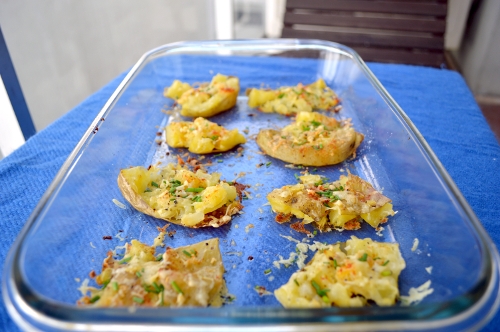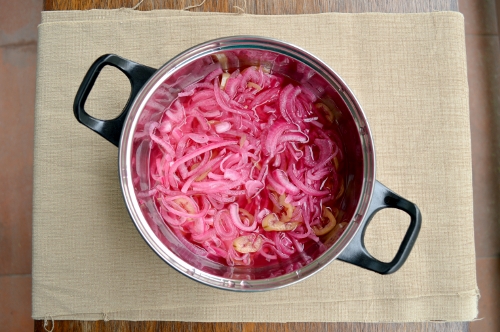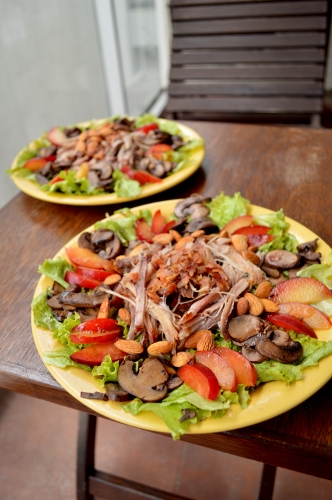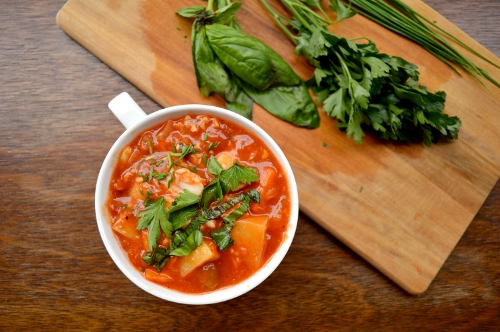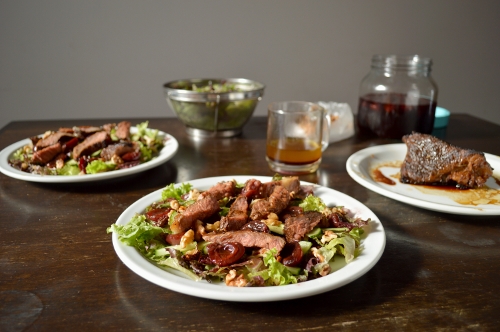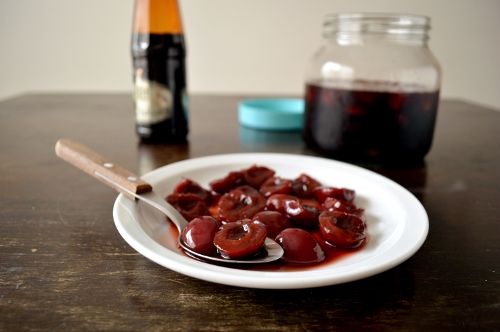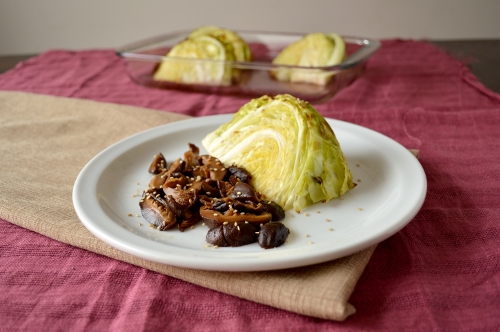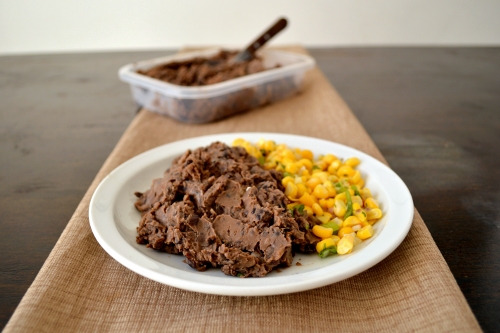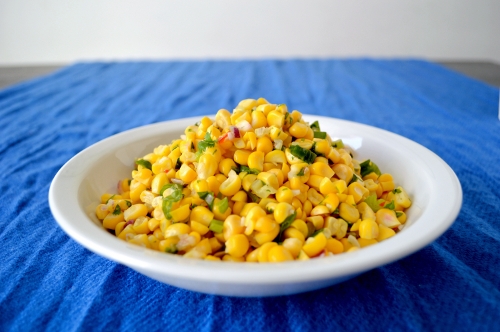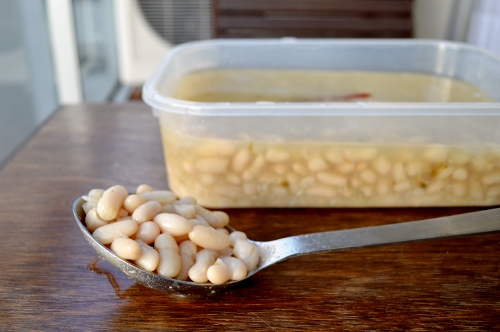
When I first arrived in South America and found myself faced with a dismal selection of canned beans (the few that were available being expensive and poor quality), I was very disheartened. Beans are a staple in my cooking, and I wasn’t sure how I’d manage. Now, though, I feel glad to have been forced into cooking up dried beans. After many batches of black beans, I decided to try my hand at other beans as well. This basic recipe should work with nearly any variety of white beans – I can’t say exactly what variety I used, but they were the only dried white beans available here, labeled simply as “porotos alubia.”
